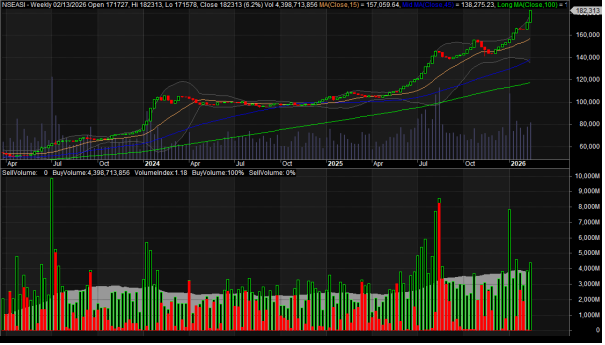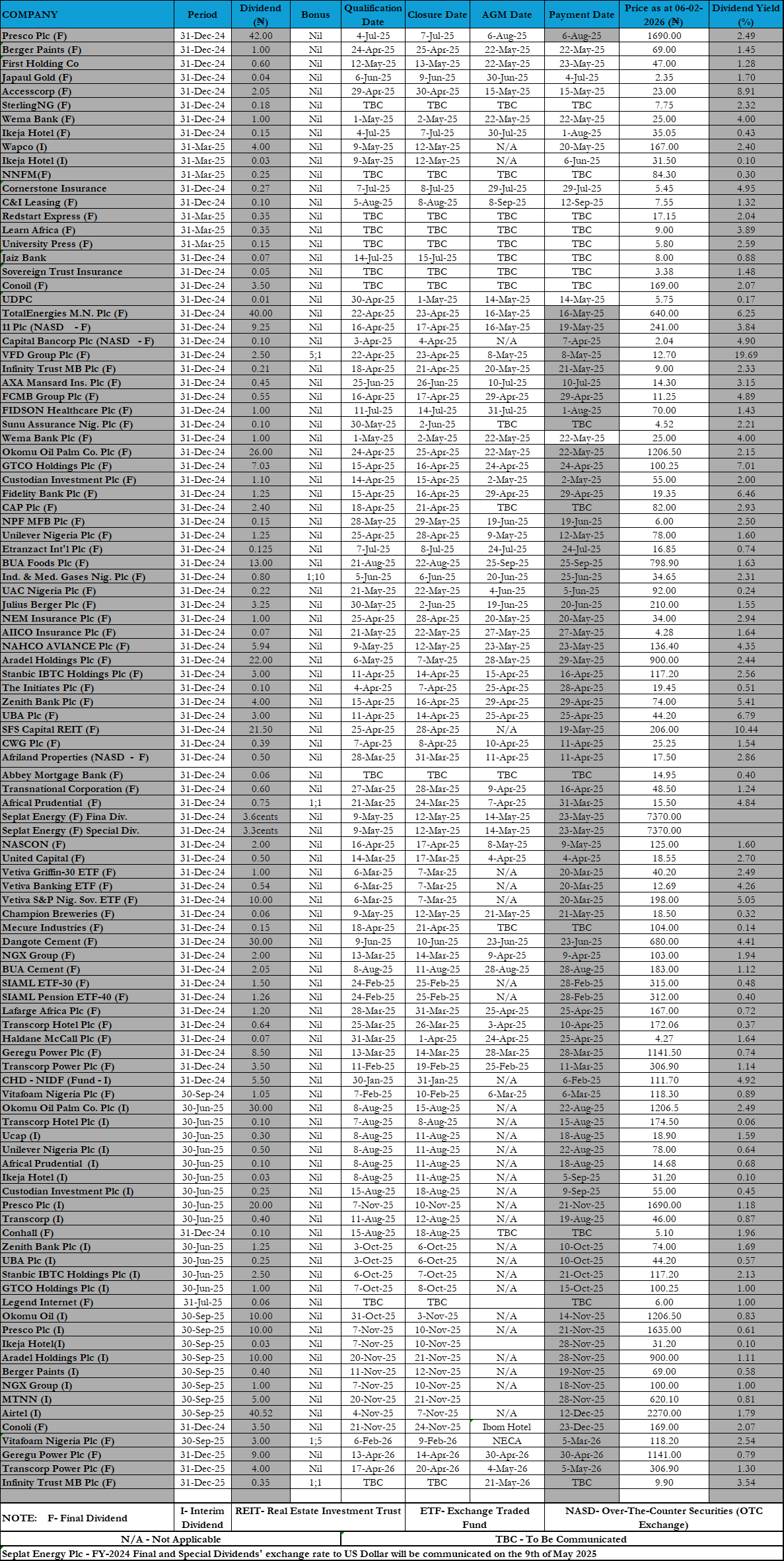
Akintunde Oyedokun
Research Analyst
Brent crude oil fell $1.01 to $65.86 per barrel on Monday, while U.S. WTI slipped 97 cents to $62.05, driven by renewed U.S.-China trade tensions. Analysts note investor uncertainty over stalled negotiations is overshadowing developments in Iran and within OPEC+. Expectations of increased OPEC+ output and doubts about cartel unity have also dampened sentiment. Additionally, a deadly explosion at Iran’s Bandar Abbas port adds to geopolitical risks.
BOJ to Hold Rates Amid Trade Tensions, Flags Downside Risks To Economy
The Bank of Japan is expected to keep interest rates steady this week, cautioning against rising risks from U.S. tariffs and global trade tensions. Governor Ueda emphasized that rate hikes depend on stable growth and inflation nearing 2%, though recent global developments may delay further tightening. With Japan’s growth forecast likely to be cut and exporters growing wary, the BOJ faces pressure to maintain a careful stance while managing yen volatility and inflation concerns.
ECB Poised For Cautious Rate Cut In June As Inflation Slows
European Central Bank policymakers are leaning toward a small interest rate cut in June as inflation cools and euro zone growth weakens.
At IMF and World Bank meetings, officials highlighted slowing business activity, easing wage pressures, and a limited impact from U.S. tariffs. With the ECB’s benchmark rate already at 2.25%, a further quarter-point cut is likely, while a bigger move is ruled out to avoid market disruption.
Policymakers remain cautious, given ongoing global uncertainty following recent U.S. trade actions.
Gabon Secures Debt Restructuring To Alleviate Financial Strain
Gabon has gained support from 10 financial institutions to restructure its debt and access new financing, the public accounts ministry reported.
Facing a liquidity crisis worsened by World Bank’s suspension of funding in January, the government plans to extend 592 billion CFA francs ($1 billion) of treasury bills from 2.3 years to six years and convert 473 billion CFA francs in short-term loans into securities.
This move is aimed at reducing refinancing risks and improving debt sustainability.
As of February, Gabon’s domestic debt stood at 2.196 billion CFA francs, with a significant portion maturing soon.
NESG Critiques 2025 Budget For Ignoring Key Power Sector Reforms
The Nigerian Economic Summit Group (NESG) has criticized the 2025 budget for overlooking crucial electricity tariff reforms needed to attract private investment and ensure the power sector’s financial stability. Despite increased funding, the budget fails to address issues like non-cost-reflective tariffs and poor revenue collection.
NESG warned that without these reforms, many power distribution companies (DisCos) will remain unprofitable, limiting the budget’s effectiveness. The group also highlighted the lack of an accountability framework, risking fund mismanagement and inefficiencies. NESG called for reforms that tackle both infrastructure and regulatory barriers to encourage private investment.








